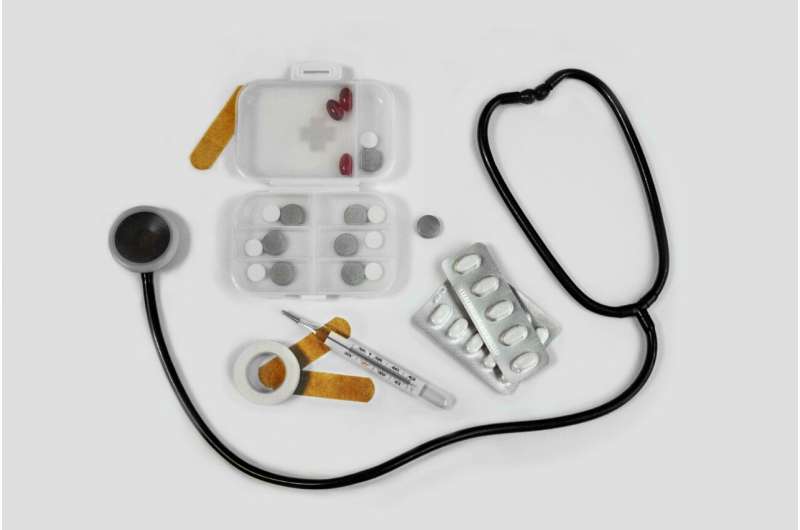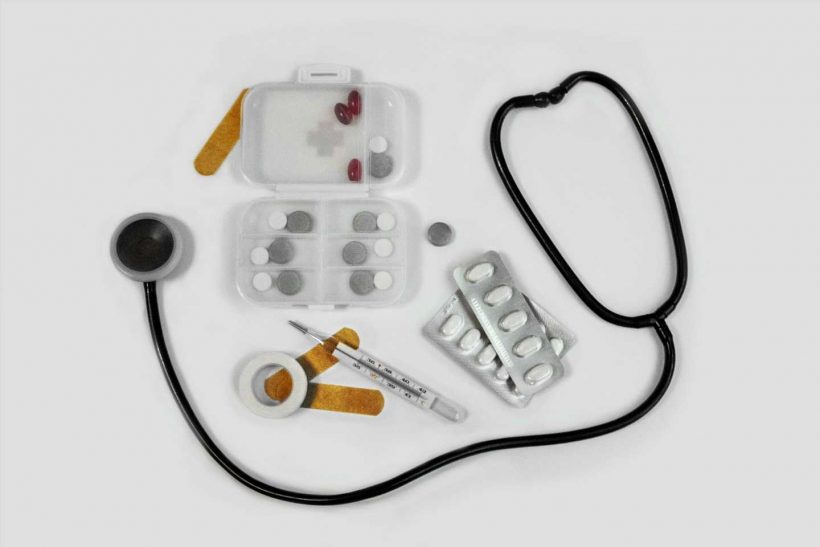
- At every dosage/interval, participants who received recaticimab had lower bad cholesterol levels at 24 weeks than those receiving a placebo.
- In the 4-week injection group, bad cholesterol was reduced 62% among those taking recaticimab vs. 0% among those in the placebo group; in the 8-week injection group, bad cholesterol was reduced 59% vs. +0.4% respectively; and in the 12-week injection group bad cholesterol was reduced 51% vs. +2% respectively.
- At every dosage/interval, recaticimab lowered their bad cholesterol to the target by 24 weeks compared to the placebo and these levels were maintained at 48 weeks.
- At 24 weeks, 90% of the 4-week injection group reached goal compared to 16% of the placebo group; while the percentage was 95% vs. 14% respectively in the 8-week injection group; and 86% vs. 16% respectively in the 12-week injection group.
- A similar amount of injection site reactions were common during the 48 weeks, such as: redness and soreness was 84% for those on recaticimab and 83% for those on placebo; injection site reaction was 3.9% in the recaticimab and 1.3% in the placebo groups.
- Lipoprotein(a), or Lp(a), a type of cholesterol inherited from family that is a common independent risk factor for heart disease, dropped 29%–40% in the recaticimab groups versus decreases of 0.1%—9.5% in the placebo groups;
- Apolipoprotein B, a component of proteins of very low-, low-density and intermediate-density lipoproteins, were down 42%–53% in the recaticimab groups versus increases of 0.3%–2.5% in the placebo groups; and
- A measure of all cholesterol content—except the “good cholesterol” known as high-density lipoprotein cholesterol—were down 44%–55% in the recaticimab groups versus increases of 1%–4% in the placebo groups.
- The study was conducted between June 2021 and March 2023, the average age of participants was about 56-years-old and 64% were men.
- About 69% of participants had existing thickening or hardening of the arteries, and all had abnormally high levels of bad cholesterol (more than 70 mg/dl for those with cardiovascular disease and more than 100 mg/dl for those without) despite ongoing moderate- or high-intensity statin therapy.
- REMAIN-2 was a multicenter, randomized, double-blind, placebo-controlled, phase 3 trial which means neither the participants or the researchers were aware of who was assigned to each group.
Source: Read Full Article






